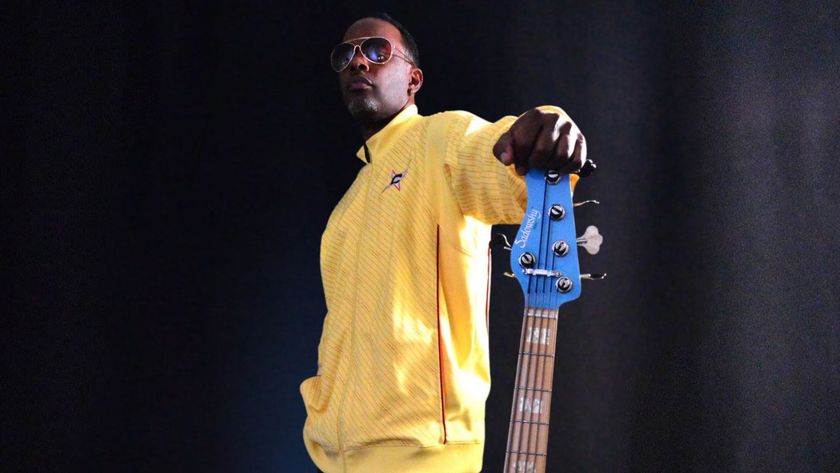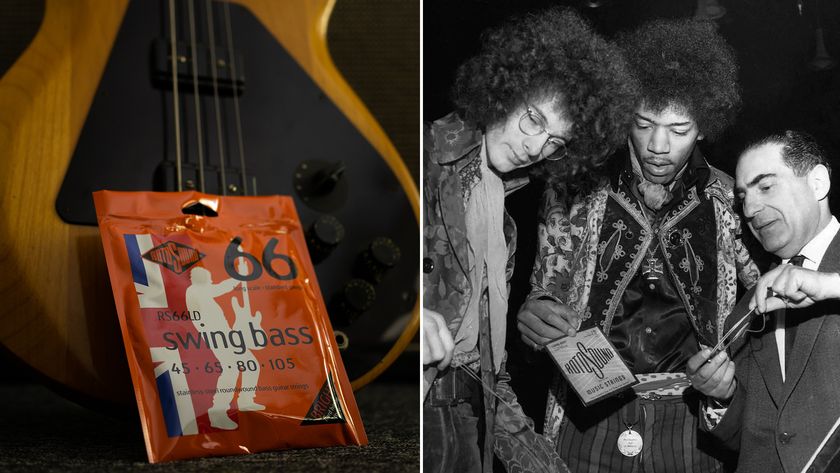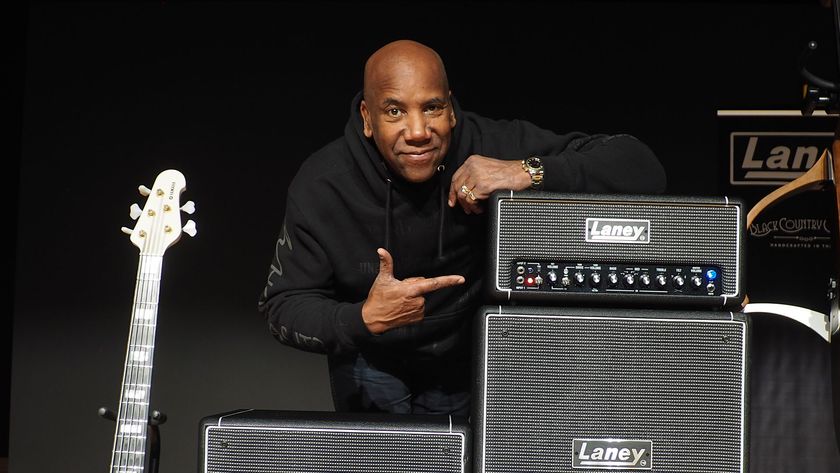Spacey Jane: “We wanted to be more intentional with our songwriting on this album”
On their summery second album, Spacey Jane preserve their youthfulness with good vibes and even better tunes
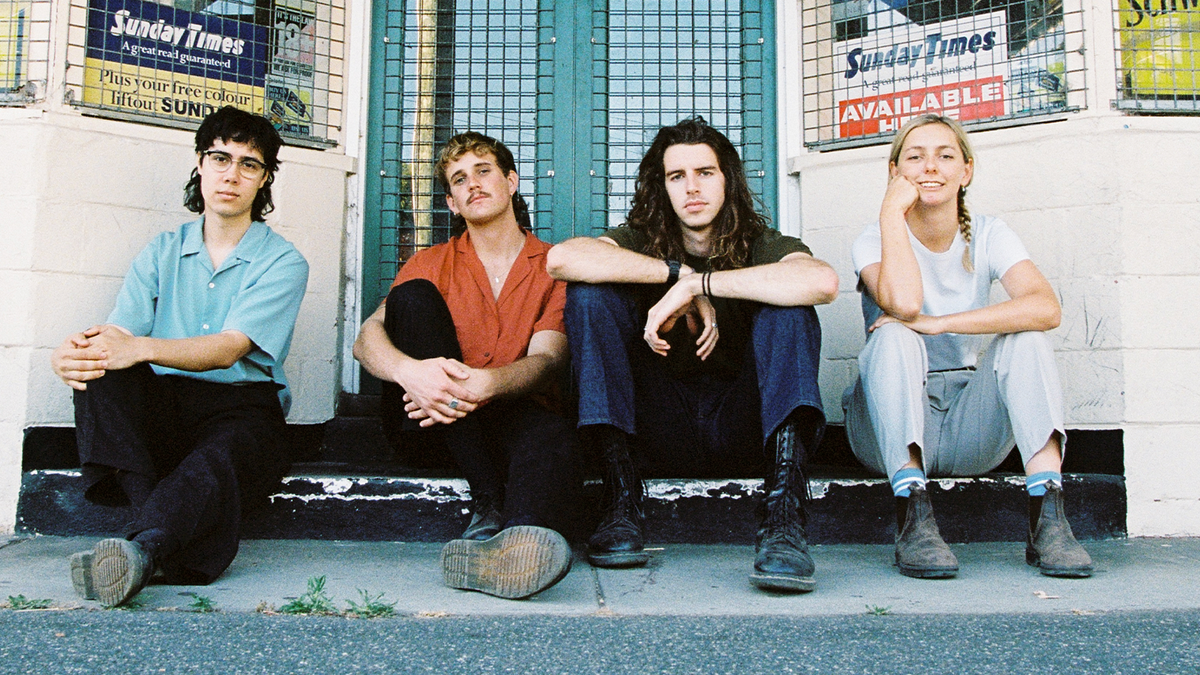
Like all of the states detached from the big three on the east coast, Western Australia has an incredible local music scene that’s often ignored by the rest of the country. It can be hard for bands to break out of that bubble, and when they do, it’s usually because they’ve turned heads with some big, left-field pop record that commands your undivided attention. But in the vicious throes of mid-2020, Australia needed something a little more chilled-out, homely and lowkey. Armed with their honeyed, sun-kissed indie-rock jams, Freo four-piece Spacey Jane ticked all those boxes and then some.
Their debut album, Sunlight, was an immediate smash-hit, peaking at #2 on the ARIA Charts and spawning six duly acclaimed singles – including the inescapable ‘Booster Seat’, which slid in at #2 on last year’s Triple J Hottest 100 (but absolutely deserved #1) and will no doubt be a staple of every setlist Spacey Jane ever scribble up. It was a youthful album both in sound and concept, so it stands to reason that its follow-up, Here Comes Everybody, would be about a time in which most would shed their youthfulness – but endeavouring to hold on to it nonetheless.
When announcing the record, frontman Caleb Harper said: “I want this record to be for youth persevering and thriving emotionally under the weight of our generational burden made up of climate change, [the COVID-19 pandemic], etc. Feeling like you have the responsibility of your entire future on your shoulders without any say in what happens creates anxiety and uncertainty. I think COVID took away the sense of unity that gives young people assurances in such times. I know music isn’t a replacement for taking control and galvanising positive change, but I hope this record can soundtrack some of those moments in people’s lives.”
To dive a little more into how Spacey Jane turned that concept into a reality, Australian Guitar caught up with lead guitarist Ashton Hardman-LeCornu.
So if Sunlight was a showcase of what Spacey Jane could do in a full-length format, how does Here Comes Everybody kick things up to the next level?
I think we wanted to be more intentional with our songwriting. The way we’d done things with our first couple of EPs, we’d been gigging like crazy and writing songs in-between the shows, and we’d introduce them into the set as we went. And we were just sort of collecting those songs and going, “Okay, we’ve got about five or six of these now, let’s put them out.” And the album happened as an extension of that format, where we were gigging for years, and then we just had these songs piling up – it was just that we had more of them this time. And it was a slower process – we had songs from years ago, but also songs that we’d written days before we recorded them.
This album was a lot more intentional; we actually said, “Let’s write an album.” It was still done in batches, but we always knew that the songs we were writing, we were writing them for this album. We didn’t really know what we were writing for with Sunlight, we were kind of just writing songs.
So Caleb said the record was about “youth persevering and thriving emotionally under the weight of our generational burden”. Is there a catharsis that comes from spinning a rough time into a happy song?
Yeah, I think happiness can be a form of rebellion when there’s a lot of shit going on that isn’t very happy. The album does feel like a triumph, in a way, because we worked on it through COVID and fought so many obstacles to get it done. I feel proud of it for us, because we had to jump through a lot of hoops to make this album happen. Thematically… Caleb is probably more inclined to speak on that, I don’t want to speak for him – but I will say that I often feel like he writes for all of us when he writes his lyrics, because we have a special relationship with each other. I can listen to him sing and know what he’s singing about. He references these moments that, even if they have nothing to do with us, feel like they’re a part of all of our lives, in a really special way.
Get The Pick Newsletter
All the latest guitar news, interviews, lessons, reviews, deals and more, direct to your inbox!
I feel like all of these songs are tailor-made to be jammed out at those big, sunny summer festivals. Do you typically have the live show in mind when you’re writing a song?
Yeah, I think that came to us naturally. As our trajectory went upwards, the types of gigs that we were playing started to influence the way we thought about writing. Instead of just writing songs to play in a club or a small tent at a festival, we started thinking about those bigger stages and theatres, and just thinking about those live moments. But we also just got better at making music. Those were moments that we were always trying to have, but we didn’t stick the landing because we hadn’t yet had those moments.
So as a guitarist, what did you want to hone in on for this record?
There is a lot to be said for doing everything in moderation, and the power of being reserved with your playing. I think when we first started, I used to just throw everything into a song, and always tried to write parts for every piece of the song – and I still do that, but I recognise where it counts and where it’s a waste of time. We think more holistically about our songs, rather than what each of us is doing. It’s important to give everyone their space, and create parts that add to the overall song, rather than try to dominate it. I think I learned a lot about that during this record – just working in harmony with everybody.
You and Caleb moved to Brisbane to work on this record with Konstantin. What was it like to really eat, sleep and breathe this record?
It was like mine and Caleb’s honeymoon [laughs]. When we first started working on the album, we recorded at a place called Poons Head. We were there with this guy Rob [Grant], who’s a legend – he’s got all these amazing stories – and he lives in this studio. It’s this 100-year-old house that he’s slowly turned into a studio, you rock up there at 12, and him and his dog Barney will either be just getting back from the beach, or just getting out of bed. And you basically go non-stop from 12pm to an unspecified time in the middle of the night – often around 3am. We had a lot of nights at Poons where we would be there till three or four, either listening to one of Rob’s stories or just going crazy over a part, rabbit-holing on a tone or some kind of creative element of the song.
Caleb was in Freo [where Poons Head Studio is] and I was living in Nedlands, which is like a 20 minute drive away, so I would go back to Caleb’s house and we would sleep in the same bed together, and then get up in the morning, go get my guitar, and then get back into the studio. And that Brisbane trip was like the ultimate version of that process. We were there for like two months, and we really did live and breathe it. We also became such great friends with Konstantin. We’d get up every day and look forward to going into studio, hanging out and making music. The schedule was also a bit more manageable than it was at Poons – this was more like 10am to 6pm-ish.

Ellie Robinson is an Australian writer, editor and dog enthusiast with a keen ear for pop-rock and a keen tongue for actual Pop Rocks. Her bylines include music rag staples like NME, BLUNT, Mixdown and, of course, Australian Guitar (where she also serves as Editor-at-Large), but also less expected fare like TV Soap and Snowboarding Australia. Her go-to guitar is a Fender Player Tele, which, controversially, she only picked up after she'd joined the team at Australian Guitar. Before then, Ellie was a keyboardist – thankfully, the AG crew helped her see the light…
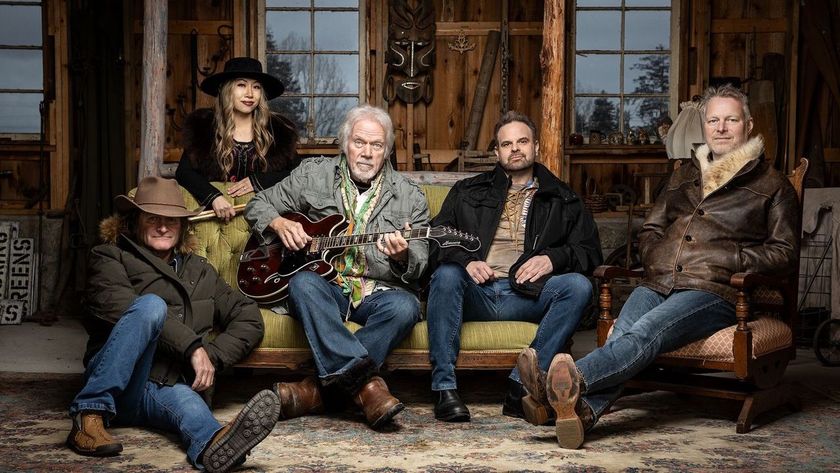
"The BTO sound is BACK!!" Bachman-Turner Overdrive release first new material in over 25 years – and it features a Neil Young guitar solo
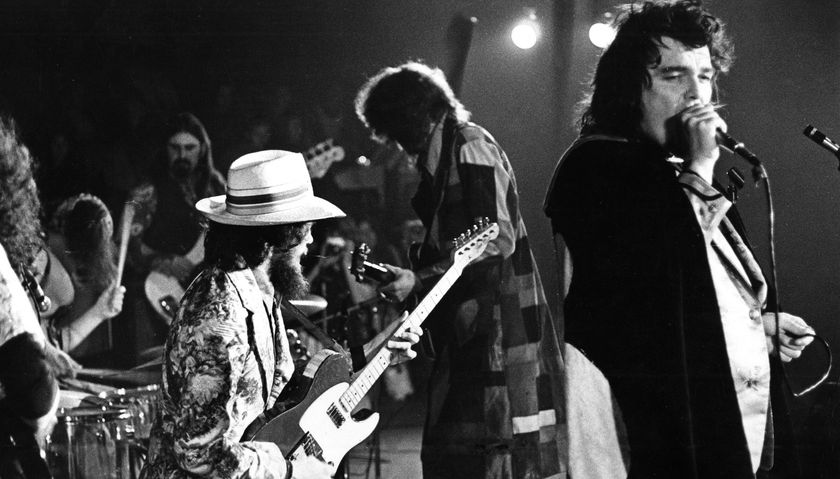
“He would beat the crap out of the guitar. The result can best be described as Jackson Pollock trying to play like John Lee Hooker”: Aggressively bizarre, Captain Beefheart's Trout Mask Replica remains one of the craziest guitar-driven albums ever made
